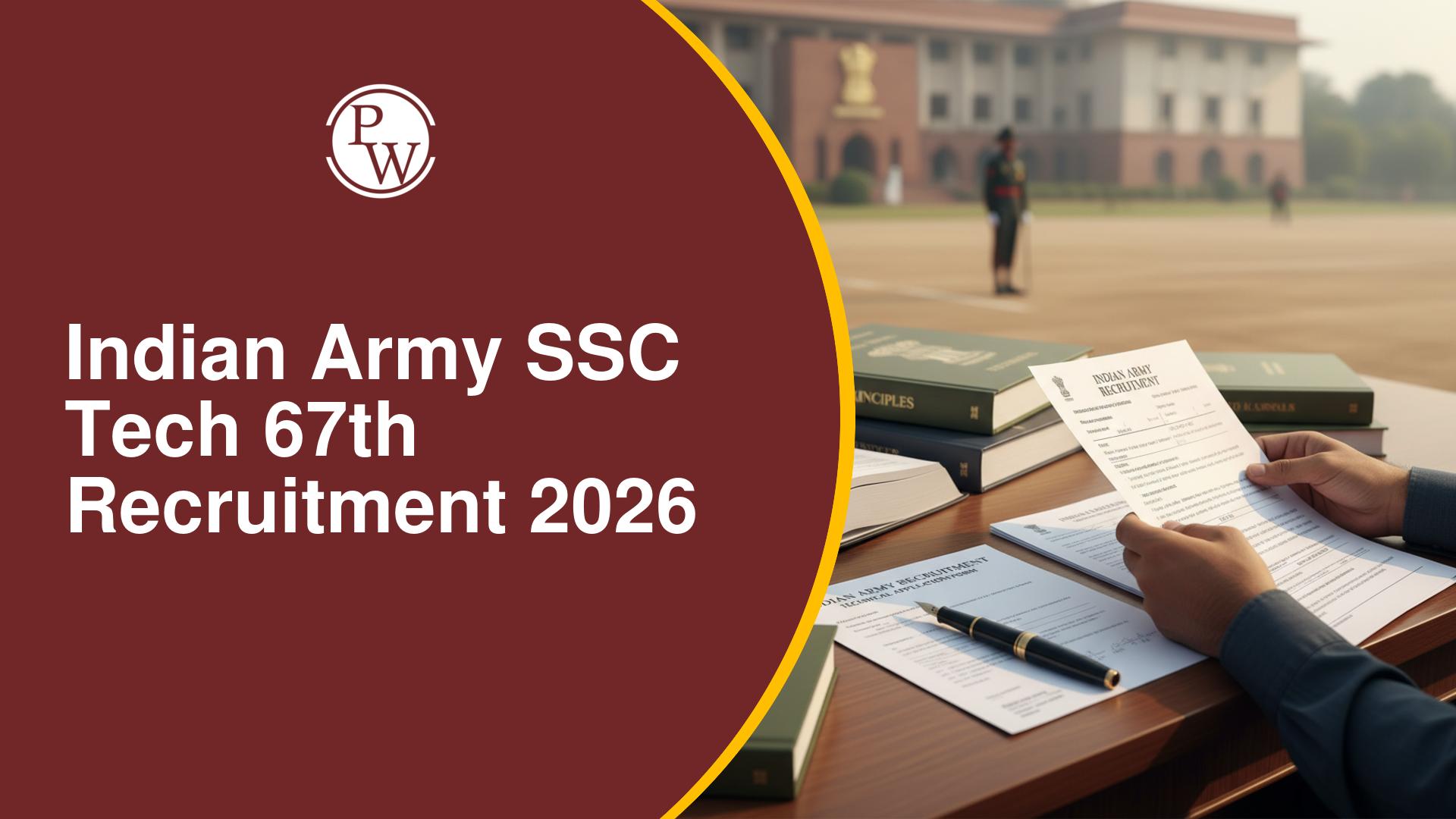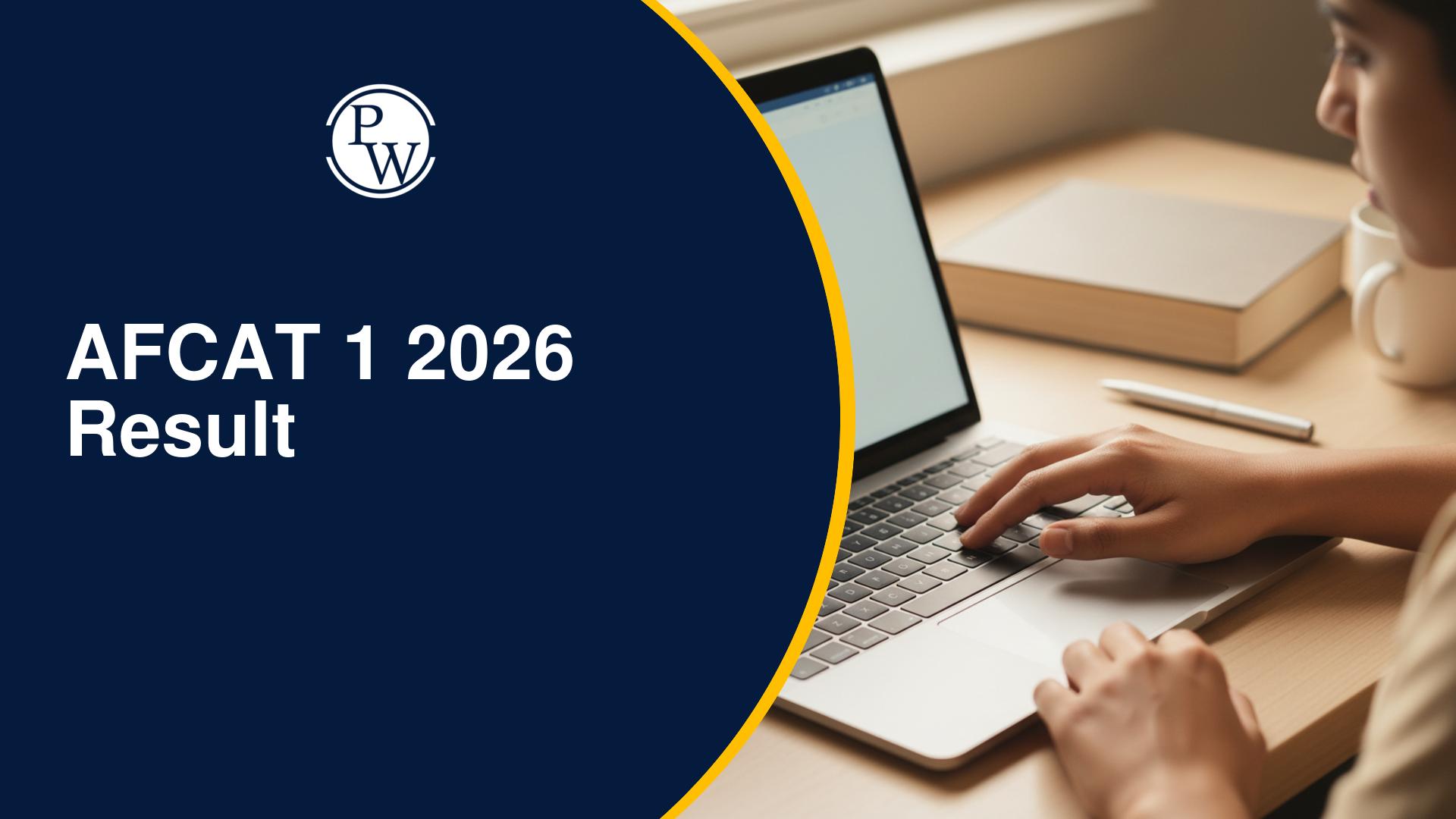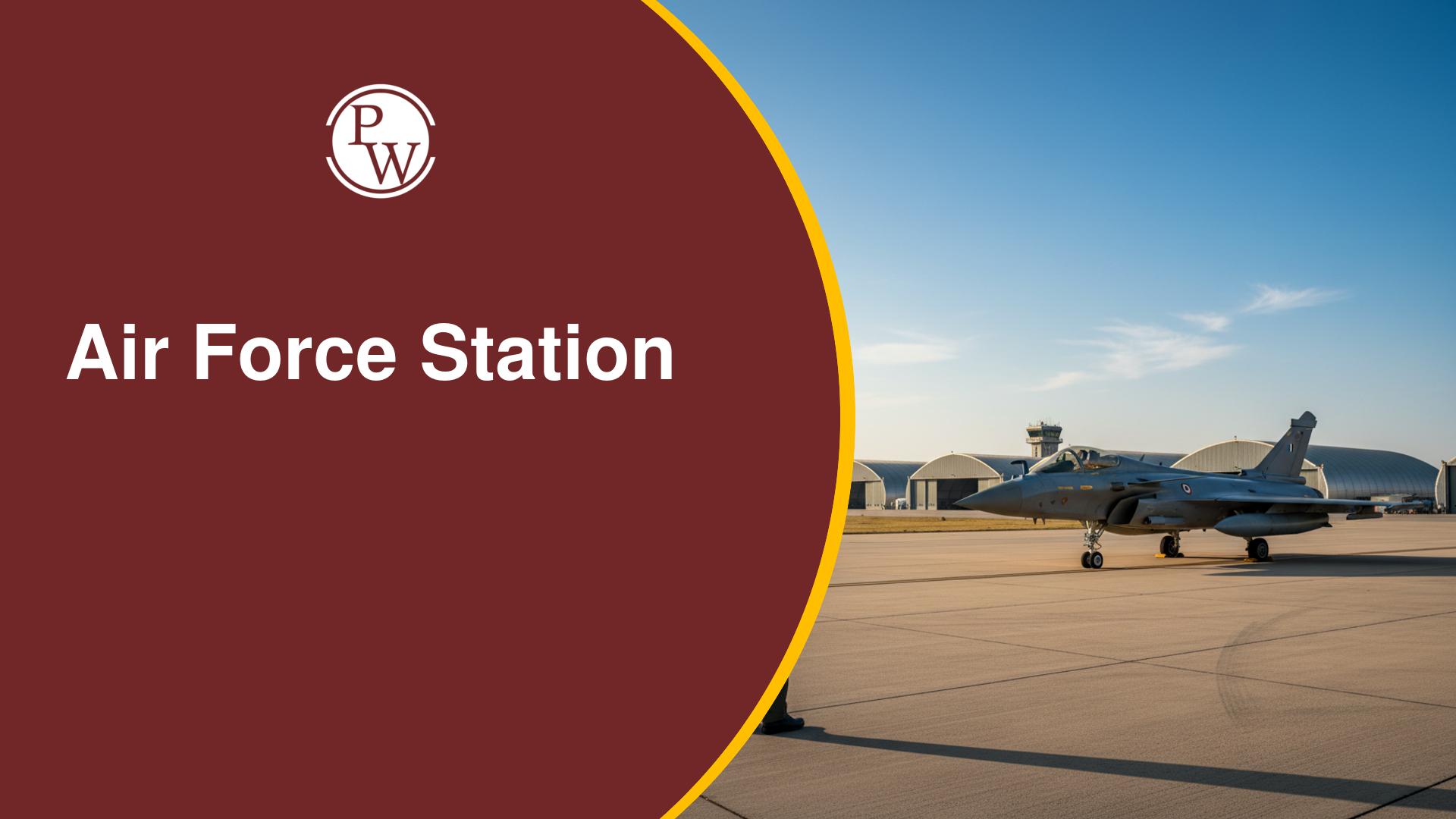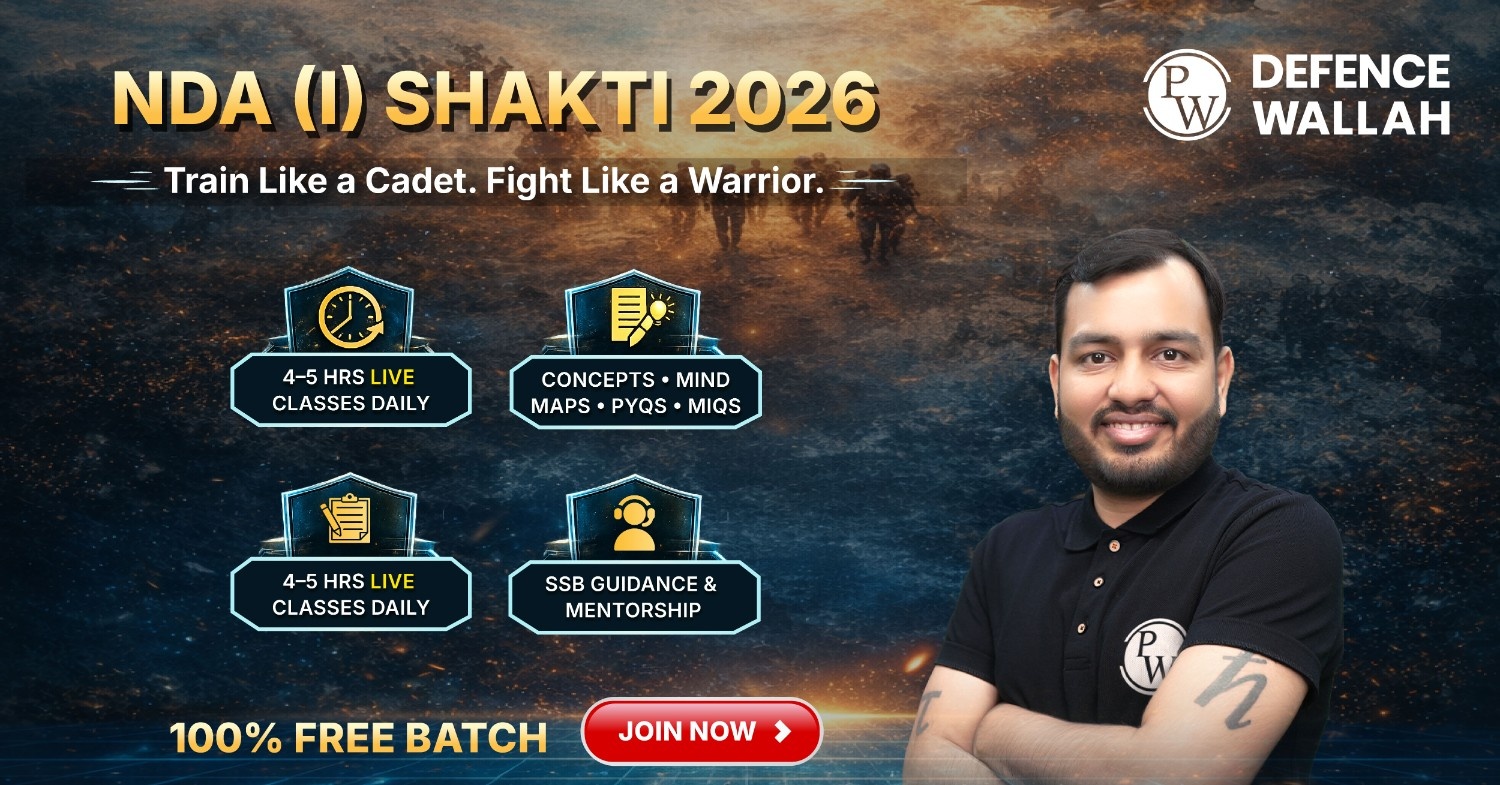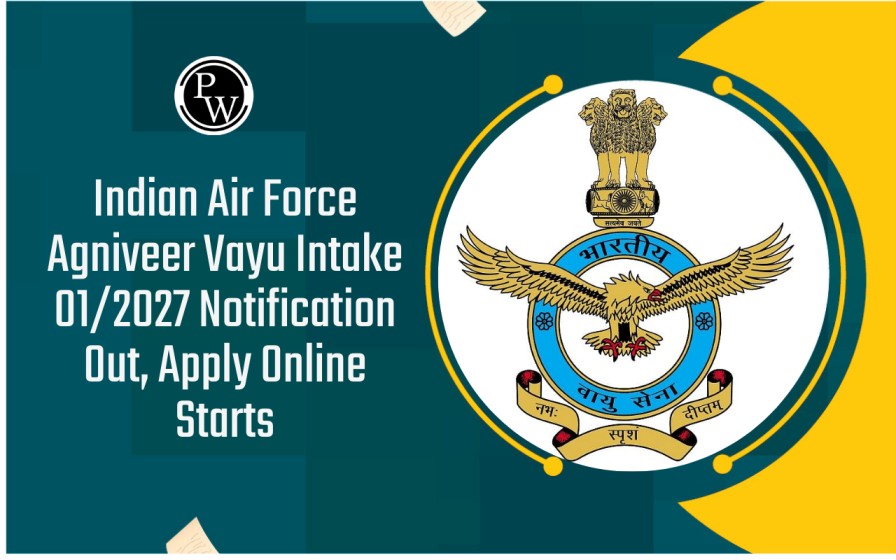
Marcos Commandos: The MARCOS Commandos, an elite unit of the Indian Navy, are a highly skilled and secretive force renowned for their exceptional combat capabilities and unmatched bravery. Officially known as the Marine Commando Force, they specialise in amphibious warfare and excel in maritime and counter-terrorism operations. Often compared to the esteemed Navy SEALs of the United States, the MARCOS have earned their reputation through their courage and expertise.
Since its establishment in 1987, this specialised branch of the Indian Navy has excelled in various domains, including amphibious warfare, counter-terrorism, unconventional warfare, and rescue operations. With nearly two thousand dedicated soldiers currently serving, the force has earned recognition for its remarkable performance in Cactus, Leech, Pawan, and Cyclone operations.
Notably, their valor and courage came to prominence during their involvement in the 26/11 Mumbai attacks. They also collaborate with the Indian Army to operate in challenging regions like Kashmir. Their motto, "The few the fearless," truly reflects the spirit and dedication of this extraordinary force. In this article, we explore the world of MARCOS Commandos, delving into their history, training, missions, and crucial role in safeguarding national security.
History of MARCOS
In response to growing maritime security challenges and the need for specialized forces to counter terrorist activities along India's coastline, the MARCOS was formed in 1987. Modeled after the U.S. Navy SEALs and the British Special Boat Service (SBS), the unit has evolved into a formidable force, earning accolades for their successful operations.
The inception of MARCOS (Marine Commandos) can be traced back to the early 1980s, when the Indian Navy recognized the necessity for a specialized marine force to combat growing maritime threats and execute special operations. Officially known as the Indian Marine Special Forces, MARCOS is an abbreviation of "Marine Commandos," inspired by the achievements of renowned international marine special forces units, such as the United States Navy SEALs and the British Special Boat Service.
Key milestones in the history of MARCOS include:
- Formation: On 26th February 1987, MARCOS was officially established as an elite special operations unit within the Indian Navy, initially consisting of a select group of highly skilled personnel.
- Training: The initial cadre of MARCOS underwent intensive training encompassing diverse fields such as amphibious warfare, special operations tactics, combat diving, and unconventional warfare techniques. Their training equipped them to operate proficiently in various environments, including maritime, coastal, and inland settings.
- Anti-Piracy Operations: MARCOS played a pivotal role in executing anti-piracy operations in regions like the Gulf of Aden and other piracy-prone areas. Their expertise in maritime operations and combat prowess proved instrumental in ensuring the safety and security of Indian vessels and their crews.
- Counter-Terrorism Operations: Over time, MARCOS has actively engaged in conducting counter-terrorism operations both within the country and beyond its borders. Their deployment in sensitive areas has been critical in thwarting terrorist threats and safeguarding national security interests.
- Operation Pawan: A noteworthy operation carried out by MARCOS was "Operation Pawan" during the late 1980s amid the Sri Lankan Civil War. Their instrumental role in capturing crucial LTTE-held territories contributed significantly to restoring peace in the region.
- International Recognition: MARCOS has earned international recognition for its exceptional competence and professionalism. They have actively participated in joint exercises and training programs alongside elite special forces units from various countries.
- Modernization and Expansion: To adapt to the evolving challenges of maritime security and special operations, MARCOS has undergone continual modernization and expansion. Advanced equipment and cutting-edge technology have been integrated to enhance their operational capabilities.
- Secretive and Low-profile: Following the tradition of most special forces units, MARCOS maintains a secretive and low-profile approach. Their reputation for precision, stealth, and swift execution of operations has become synonymous with their identity.
Selection and Training of MARCOS
Joining MARCOS involves a tough selection process for navy personnel with outstanding service records. Candidates face challenging physical tests, endurance drills, and psychological evaluations. Those selected undergo rigorous training, covering combat diving, underwater demolitions, close-quarters combat, counter-terrorism operations, and specialized weapons training.
Mission Capabilities: MARCOS Commandos excel in both underwater and surface operations, proficiently conducting amphibious assaults, reconnaissance missions, anti-piracy operations, and hostage rescues. Their expertise in maritime operations makes them a critical asset in securing India's maritime interests.
Roles and Responsibilities of MARCOS
The MARCOS (Marine Commandos) are an elite special operations force of the Indian Navy. Trained to excel in maritime and amphibious warfare, MARCOS commandos have various roles and responsibilities. Some of the key tasks and functions given to MARCOS Commandos include:
- Counter-Terrorism Operations: MARCOS play a critical role in countering terrorist threats and neutralizing terror activities both on land and at sea. They are trained in precision raids, hostage rescue operations, and handling high-risk situations with utmost efficiency.
- Special Reconnaissance: MARCOS are skilled in gathering intelligence through reconnaissance and surveillance operations. They conduct clandestine missions to gather information on potential threats and enemy activities.
- Unconventional Warfare: MARCOS are trained in unconventional warfare techniques, including sabotage, guerrilla warfare, and conducting operations behind enemy lines.
- Amphibious Assaults: One of the primary roles of MARCOS is to conduct amphibious assaults, infiltrating enemy territory from the sea and capturing strategic locations.
- Rescue and Evacuation: MARCOS are proficient in conducting search and rescue operations during natural disasters, humanitarian crises, or hostage situations.
- Counter-Piracy Operations: MARCOS are actively involved in countering piracy activities in piracy-prone regions, safeguarding Indian flagged vessels, and ensuring the safety of Indian seafarers.
- Protection of Offshore Assets: MARCOS are responsible for the protection of critical offshore assets, such as oil rigs and other installations.
- Underwater Demolition and Clearance: MARCOS are trained in underwater demolition and mine clearance operations to secure maritime assets and routes.
- Boarding and Search Operations: MARCOS are skilled in boarding and searching suspicious vessels for contraband, illegal activities, or potential security threats.
- Vital Asset Protection: MARCOS provide security to important naval assets, including naval bases, installations, and high-profile ships.
- Hostage Rescue Operations: They are trained to conduct high-risk hostage rescue missions with precision and speed.
- Close Quarter Battle (CQB): MARCOS are experts in close quarter combat, enabling them to engage and eliminate threats effectively in confined spaces.
- Intelligence Gathering: MARCOS are tasked with collecting and analyzing intelligence information to support various operations.
- Training and Support: Apart from their operational duties, MARCOS also engage in training and supporting other units of the Indian Navy and security forces.
How to join MARCOS?
Application for the esteemed Marine Commandos is open exclusively to male volunteers of the Indian Navy, including both commissioned officers and enlisted sailors. Aspiring candidates can join the Indian Navy as sailors and subsequently opt for the Special Forces after enlisting. They can appear for exams like INET (Indian Navy Entrance Test) to be considered for sailor roles.
Candidates can also become officers in the Indian Navy through various exams such as NDA (National Defence Academy) Exam, CDS (Combined Defence Services) Exam, and INET Officer Exam. These exams provides the way for officer positions within the Indian Navy and offer opportunities to be selected for prestigious roles like the Marine Commandos (MARCOS).
Selection Process of MARCOS
The selection process involves four phases, starting with Pre-Selection, followed by Selection, Initial Qualification Training (Basic SF Training), and concluding with a Probation Period (Advanced SF Training).
- During the Pre-Selection phase, which spans three days, candidates undergo a rigorous assessment, leading to a significant attrition rate between 50% and 80%.
- The successful few proceed to the 5-week Selection process, characterized by physically demanding tasks and minimal sleep.
- Tasks include 20-kilometer morning runs and night marches carrying heavy loads, live ammunition training, and completing a 120-kilometer march within a specified time limit.
- Additionally, candidates must endure the grueling 'Hell Week,' a relentless week of continuous training with minimal sleep, culminating in the daunting 'Death Crawl' through thick mud while carrying a heavy load.
Candidates who pass the Selection phase move on to the next stage, the Initial Qualification Training, which incorporates basic SF training.
- This comprehensive 10-week training program, conducted at INS Abhimanyu, encompasses various essential skills such as weapons handling, unarmed combat, close-quarter battle (CQB) training, and diving exercises.
Advanced SF Training marks the final phase and includes a probationary period wherein candidates join designated 'Prahars' for on-the-job training.
- This phase encompasses a wide range of specialized training, including combat free-fall training, counter-insurgency, anti-hijacking, clandestine operations, reconnaissance, and amphibious operations.
- Candidates receive training in the language and culture of likely adversary areas, allowing them to operate covertly behind enemy lines.
- Moreover, training includes operating from submarines and submersible craft, sniper competence, and improvised explosive devices (IED) construction using readily available items.
- Completing the 4-week High Altitude Commando Course and Desert Warfare School prepares candidates to face challenges in various terrains effectively.
The journey to becoming a fully-qualified Marine Commando demands determination, endurance, and commitment to perform well in the most demanding environments and operations. After completing this arduous and extensive training, candidates demonstrate their exceptional skills by firing a weapon in various positions – standing, lying down, running at full sprint, moving backward, or even using a mirror – all with an impressive reaction time of 0.27 seconds.
Overall, The MARCOS Commandos, India's silent guardians of the seas, bear the critical responsibility of safeguarding the nation's maritime interests and combating terrorism. Their courage, skills, and commitment to duty exemplify India's strength and resolve. As the elite special forces, MARCOS continues to inspire the nation, and their contributions to national security remain immeasurable.
| Defence Exams Related Links | |
| AFCAT 1 2024 Notification | CDS Notification 2024 |
| UPSC CAPF Notification 2024 | NDA 1 Notification 2024 |
| Indian Army Agniveer Notification | Indian Airforce Vayu Notification |
| Indian Agniveer Navy Notification | Army MES Recruitment |
Marcos Commandos FAQs
Q1. What is MARCOS, and what is its role within the Indian Navy?
Q2. What is the selection process for joining MARCOS?
Q3. What are some of the notable operations conducted by MARCOS?
Q4. Can females apply to become MARCOS commandos?
Q5. What is the time duration of the training for MARCOS commandos?

